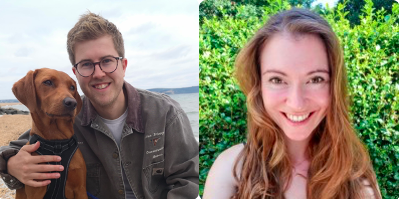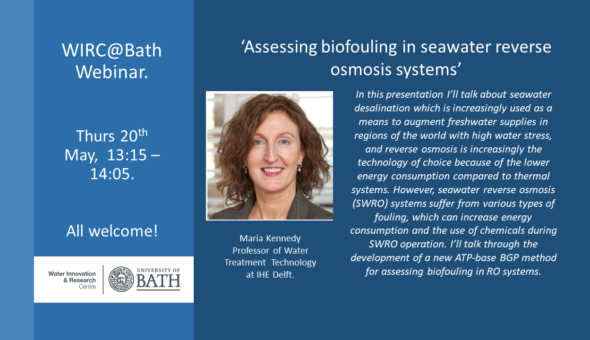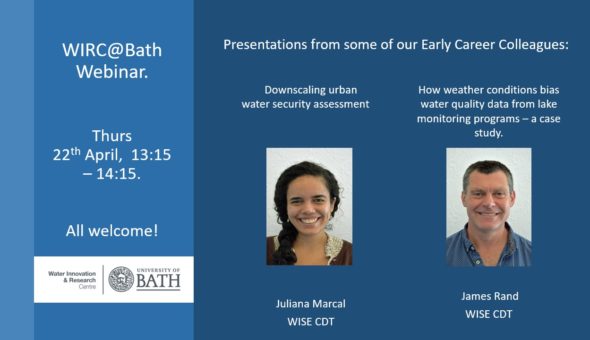On 16 July 2019, a group of seven Sustainable Chemical Engineering MSc students and two academic staff members paid a visit to Wessex Water's Sutton Bingham Water Treatment Works (WTW) in Yeovil. The Process Scientist at Wessex Water, Adam Ben Rabha, hosted the group on site with gracious hospitality. The half-day trip started from the Sutton Bingham reservoir where raw water was abstracted to the plant for producing drinking water, and finished at the office kitchen where the group were offered to taste the tap water.
Eakachai Tachakulthavon, an MSc student on the trip, said,
Adam gave us a fantastic tour around the site and I enjoyed it a lot. The trip is timely as we just finished a design project on water treatment, so I am able to reflect on what I learned and deepen my understanding of the subject. I am also very impressed by the fact that the plant is so automated that it only requires two workers on-site. Automation is the trend for water industry!
The site visit was organized by the MSc unit convenors Dr Junjie Shen and Dr David Hassell with the help of Professor Jan Hofman, all from the Department of Chemical Engineering.
Dr Junjie Shen, Royal Academy of Engineering Research Fellow, said,
Site visit is part of our latest initiative to enhance the student learning experience. It inspires our students to develop their understanding of how theoretical concepts are applied in a real working environment. It also helps students gain valuable first-hand insights into the industry and offers a great opportunity to explore career options and build a network of contacts.
Sutton Bingham WTW
Sutton Bingham WTW serves the Yeovil area. It is supplied by a raw water reservoir nearby. In usual conditions, it produces between 8 and 12 million litres of treated water from the reservoir per day. The energy consumption is approximately 2,880 kWh per day. The whole water treatment process from input to output has 12 steps, including (1) screening; (2) pH correction (caustic soda); (3) coagulation and flocculation; (4) dissolved air flotation (DAF); (5) rapid gravity filters (filtration); (6) marginal chlorination (sequestration of soluble metals); (7) pressure sand filters (filtration); (8) granular activated carbon (adsorption); (9) super chlorination (disinfection); (10) plumbosolvency control (orthophosphoric acid); (11) dechlorination (sulphur dioxide); and (12) pH correction (caustic soda).



Respond




